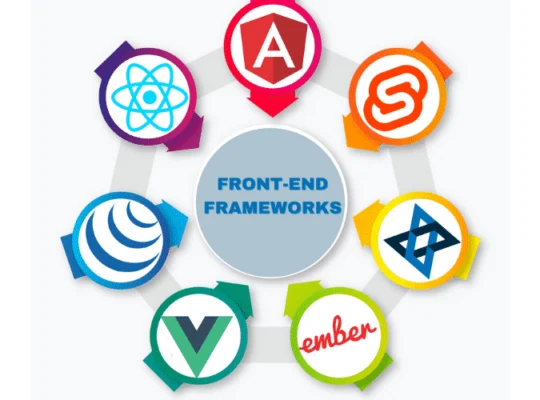Chapter 16: Modern ES6+ Patterns for React & Node.js
This final chapter covers a few remaining but important features of modern JavaScript (ES6+), especially useful when writing clean, concise, and error-free code in React.js and Node.js applications.
✅ 1. Default Parameters
Default parameters allow you to assign default values to function parameters. This prevents undefined errors when no argument is passed.
function greet(name = 'Guest') {
return `Hello, ${name}`;
}
console.log(greet()); // Hello, Guest
console.log(greet('Zayden')); // Hello, Zayden
React use case: Setting default values for props in functional components.
function Welcome({ name = 'Guest' }) {
return <h1>Welcome, {name}</h1>;
}
✅ 2. Enhanced Object Literals
ES6 allows you to simplify object creation when property names and variables are the same.
const name = 'React';
const version = 18;
const framework = { name, version };
console.log(framework);
// { name: 'React', version: 18 }
Bonus: You can also define functions directly in the object:
const api = {
baseURL: 'https://api.site.com',
fetch() {
console.log('Fetching...');
}
};
✅ 3. Optional Chaining (`?.`)
Optional chaining lets you safely access nested object properties without throwing an error if a property doesn’t exist.
const user = {
profile: {
email: 'test@example.com'
}
};
console.log(user?.profile?.email); // 'test@example.com'
console.log(user?.account?.name); // undefined (no error)
React use case: Safely accessing props, context, or deeply nested state.
const username = user?.profile?.username ?? 'Guest';
✅ 4. Nullish Coalescing (`??`)
This operator returns the right-hand value only when the left-hand value is null or undefined — not when it’s falsy like 0 or ''.
const name = null;
console.log(name ?? 'Guest'); // Guest
const count = 0;
console.log(count ?? 10); // 0 (not 10)
React use case: Setting fallback values for props or form inputs without overwriting valid falsy values like 0 or ''.
📘 Assignments: Practice Modern Patterns
- Create a function that takes 2 parameters and sets a default for one. Log the output with and without arguments.
- Define an object using enhanced object literal syntax with variables
firstNameandage. - Access a deeply nested property using optional chaining and log a default fallback using
??. - Build a simple React component using
props?.name ?? 'Guest'to greet users safely.
📌 Summary
- Default Parameters: Avoid undefined arguments with preset values.
- Enhanced Object Literals: Cleaner syntax when keys and variables match.
- Optional Chaining: Safe property access without crashing.
- Nullish Coalescing: Handle
nullorundefinedwith fallback values. - These features improve stability, readability, and safety in real-world React & Node apps.





